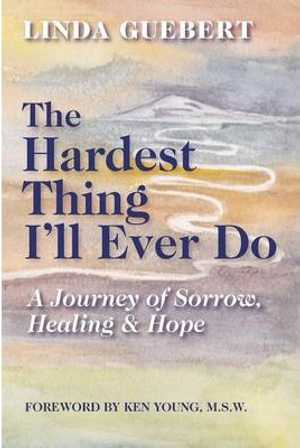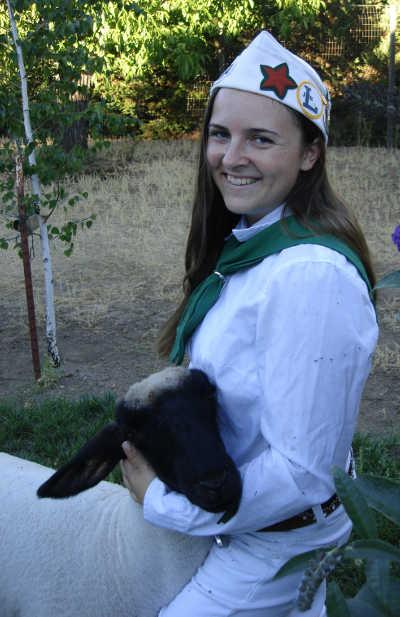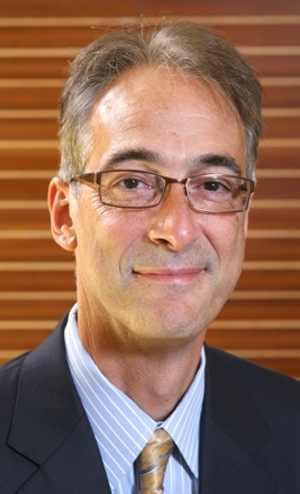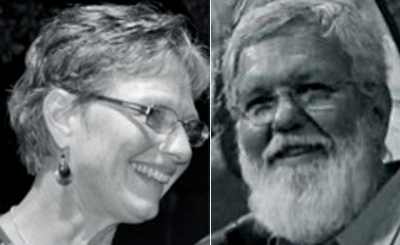- J. Holden
- Posted On
Holden: Life, death, and rebirth – a review of 'The Hardest Thing I’ll Ever Do'

In the tradition of C.S. Lewis and Joan Didion comes another gifted writer chronicling the aftermath of the death of the beloved.
“There is a knock at the door,” she begins.
A policeman. After nine months of marriage the soulmate it took her a lifetime to find is suddenly no more. “Oh my god, oh my god.”
In “The Hardest Thing I’ll Ever Do,” Linda Guebert touches us where it hurts, exquisitely capturing the moody tides of agonizing despair and senseless hope that follow the tragedy of love lost. And who among us has not loved and lost, one way or another?
Subtitled “A Journey of Sorrow, Healing & Hope,” this stirring memoir leads us down the dead ends of denial and magical thinking; through mortuaries and memorials, old photos and the death of dreams; into the bottomless abyss of sleepless nights and wretched days; and through the labyrinth of wine, valium, bereavement groups, self-help books, massage, anti-depressants and psychotherapy – only to discover the greater healing power of friends, family, humor and kittens.
And time. Those sweet healing hands of time …
Guebert weaves this collection of deepest thoughts and feelings with pointed narratives, uncensored journal entries, the wise words of other bereaved souls, irony and humor (yes, humor), and poignant song lyrics heading each chapter.
The writing is well-crafted, well-paced and engaging – one minute searching out the meanings of life and death, the next minute raging against the ungodly unfairness of life and death, the next minute broken and sobbing on the floor.
The author gives clear and personal voice to the subtleties and complexities of a broken heart and spirit, and the long, slow process of rising from the ashes.
She guides us step-by-lonely-step through the seemingly endless purgatory of pain-filled holidays and anniversaries, leading slowly but inexorably to the resurrection of life, love and hope.
Forcing herself to stay involved with her community radio program, her teaching, her writing and the theater she loves, we watch as Guebert evolves to the bittersweet realization that she isn’t ready to die yet whether she wants to or not. That she longs to love again, someday.
And in time, one day the horror movie is over – but never the love – and a new chapter, a new storyline, begins.
Guebert’s odyssey serves as an important reminder to us that there is a gift in the heart of a wound, that the darkest hour is just before dawn, and that life goes on, carrying us along in its mysterious currents into the unknown future.
Many readers have said they “couldn’t put it down.” I read it in two sittings.
Buy this book, available at Watershed Books in Lakeport, at any Lake County library branch, or online at www.amazon.com or www.barnesandnoble.com . Take it to bed with a cup of hot cocoa, and be touched heart and soul.
“The Hardest Thing I’ll Ever Do: A Journey of Sorrow, Healing & Hope,” 2013 by Linda Guebert, paperback $19.99.
Dr. J. Holden, Ph.D., is a psychologist.










